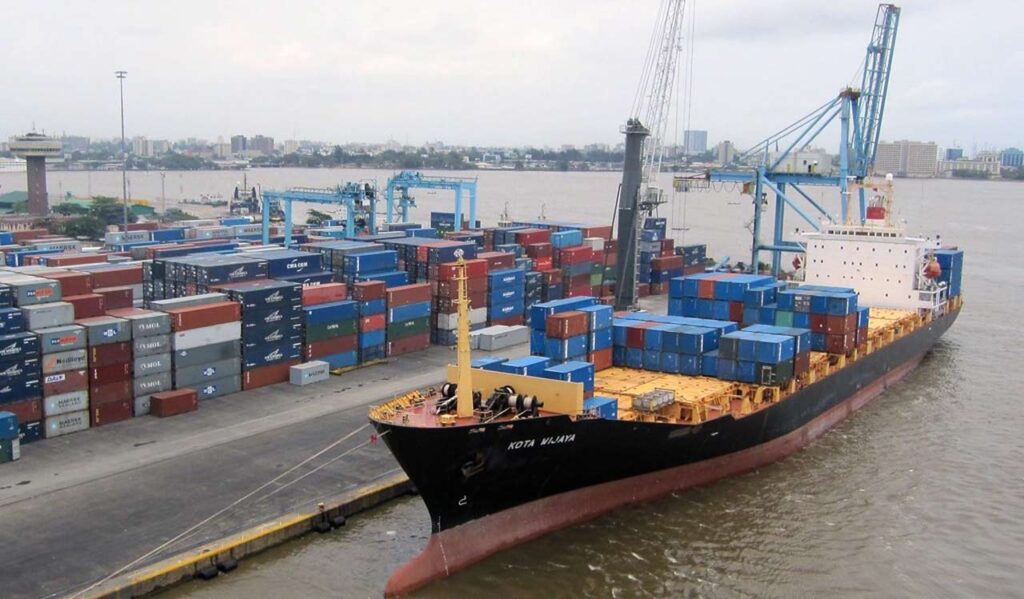
Operators Urge FG to Safeguard ₦3.5 Trillion Investment in Bonded Terminals
Indigenous bonded terminal operators in Nigeria have called on the Federal Government to implement policies that prioritize local content and enforce compliance among cargo handlers to protect the ₦3.5 trillion investment in the maritime sector.
The Call for Government Intervention
The General Secretary of the Association of Bonded Terminal Operators (ABTO), Haruna Omolajomo, emphasized the need for government intervention to ensure that indigenous operators receive fair patronage and are fully integrated into the country’s cargo handling system.
Omolajomo urged the government to enforce local content policies that allocate a percentage of cargo arriving at Nigerian ports to indigenous bonded terminal operators, similar to the model adopted in Ghana.
“Ghana has successfully safeguarded its economy by ensuring that a certain percentage of incoming cargo is reserved for indigenous bonded terminal operators. This deliberate local content policy has helped develop their country and empower citizens,” he stated.
He further called for an urgent review of contractual obligations with port concessionaires, suggesting a 60:40 ratio in favor of indigenous bonded terminals, inland ports, and inland container depots (ICDs).
The Need for Regulatory Oversight
Omolajomo also highlighted the importance of effective government monitoring agencies to enforce compliance among all operators managing cargo-handling businesses at ports. He stressed that such regulatory oversight should be transparent and made public to ensure accountability.
“The government must not only set up effective monitoring agencies but also ensure that their enforcement actions are publicized. This will enhance compliance and create a level playing field for all operators,” he added.
Public-Private Partnerships for Infrastructure Development
Beyond policy enforcement, Omolajomo advocated for the inclusion of indigenous operators in Public-Private Partnerships (PPPs) to mobilize capital for building maritime infrastructure at Nigerian seaports. He pointed out that improved port facilities would enhance efficiency, reduce congestion, and boost the country’s logistics competitiveness.
Investment in Maritime Education and Training
In addition to infrastructure development, Omolajomo called for increased funding for maritime education and training institutions.
“Adequate funding for these institutions will enhance their infrastructure, support research, and improve the training of professional manpower for the maritime sector,” he noted.
Transforming Ports into Transit Hubs
Omolajomo further urged the government to enforce policies ensuring that ports function as transit hubs rather than cargo storage areas. He argued that delays in cargo movement contribute to congestion, inefficiency, and additional costs for businesses.
With the right policies in place, indigenous bonded terminal operators believe Nigeria’s maritime sector can become more efficient, competitive, and beneficial to local businesses and the economy at large. It remains to be seen how the Federal Government will respond to these pressing calls for action.
